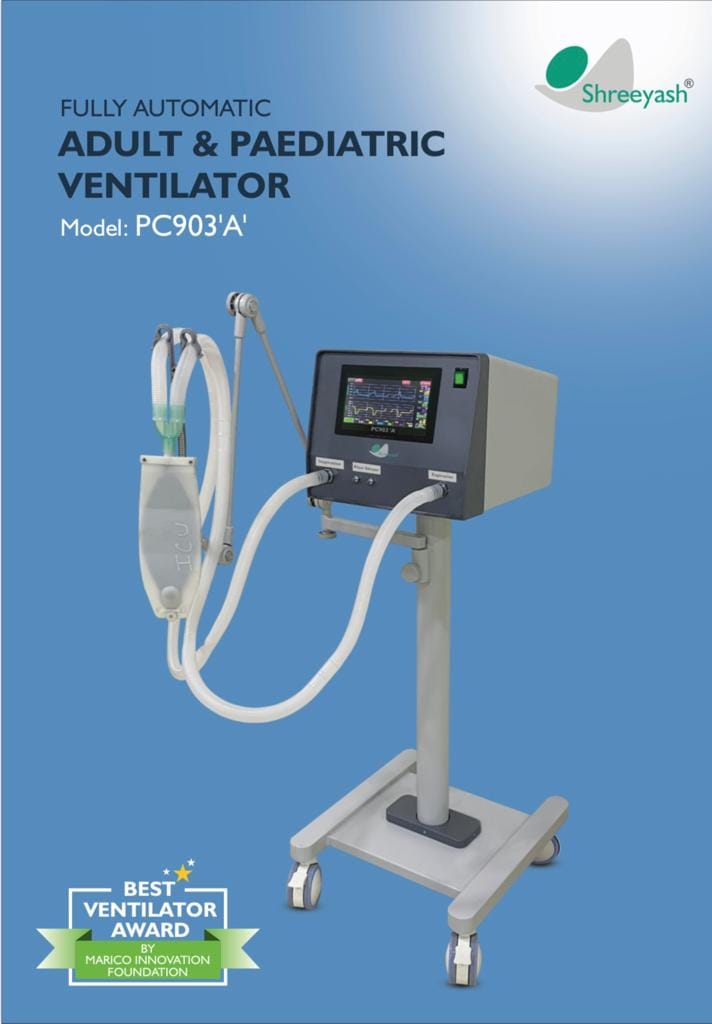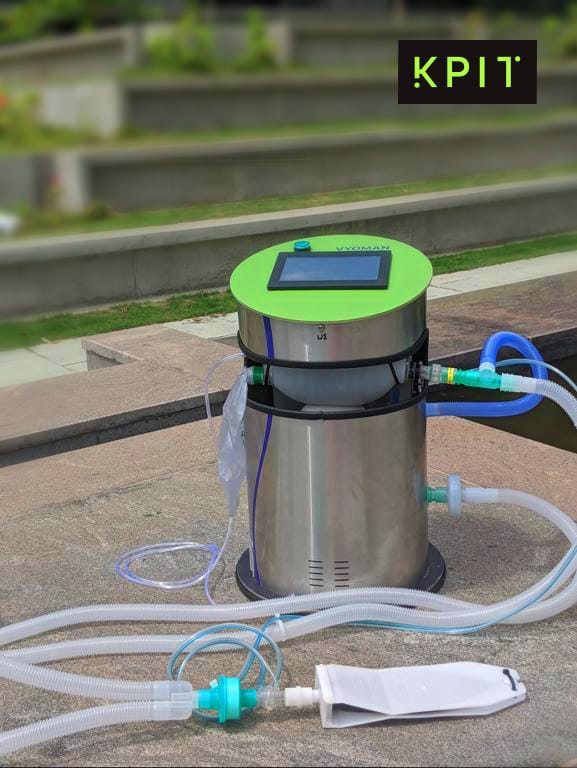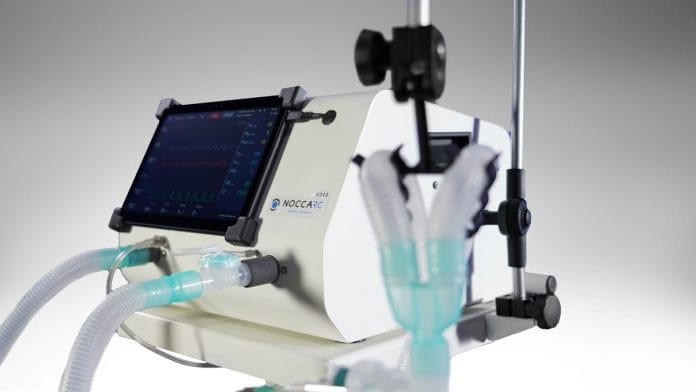New Delhi: Mumbai-based Marico Innovation Foundation (MIF) has awarded grants worth Rs 85 lakh to three Indian teams that have developed low-cost innovative ventilators as part of an innovation challenge launched by the MIF.
Looking for indigenously-developed devices that can be used in remote locations and available at lower costs amid the Covid pandemic, the foundation had launched #Innovate2BeatCOVID Grand Challenge to develop ‘Ventilators and Other Respiratory Solutions’.
The three selected teams — Shreeyash Electro Medicals, KPIT Technologies, and Nocca Robotics — have now been offered Rs 85 lakh in grants.
The innovations selected are geared to support the entire spectrum of patients and hospitals, both from short term ventilation (during transit and home care) to in-patient wards, where periodic ventilation is required, and finally solutions for critical support in ICUs, the MIF said in a statement.
“Through this challenge we bring forth unique solutions that cater to the entire spectrum of current ventilator requirements all at a fraction of the cost of international counterparts. They are built by India with best in class features and technology with global applications,” Harsh Mariwala, MIF founder & Marico Ltd Chairman said in a statement.
“The devices are disruptive, accessible and affordable – which is exactly the need of the hour,” said Mariwala.
Also read: Targeted tests or wider Covid spread — Why Maharashtra positivity rate has climbed since June
The winners
The three winners include Pune-based Shreeyash Electro Medicals, which has designed an indigenous ventilator, Adult and Paediactric ventilator, with features at par with high-end imported ventilators. The ventilator costs about 20 per cent of existing market prices.
It is suitable for both adult and paediatric ICUs across the globe and can be used in both invasive and non-invasive modes. The device can be set to an ‘automatic ventilation’ mode ensuring continued safe ventilation of an unattended patient.
The company has already successfully completed clinical validation for use in ICU settings. They have also completed an approved registration of this ventilator with the Central Drugs Standard Control Organisation (CDSCO). It is currently undergoing testing for safety and essential performance.

Another solution, Vyoman, designed by Pune-based KPIT Technologies, is focused on user-friendliness. It is portable, weighing about 13 kg, and its compact design makes it compatible for use in remote medical facilities, homes and ambulances. It also costs less than the traditional critical care ventilators.
According to a statement by Marico, KPIT has secured calibration certification from an NABL-accredited laboratory and has an approved registration of its ventilator with the CDSCO. It is currently undergoing testing for safety.

The third solution from Nocca Robotics in Maharashtra is an ICU ventilator, Noccarc V310, which can be used for invasive requirements. It is adapted for remote and rural settings. The turbine-based ventilator eliminates the requirement of any compressed medical air to operate, an infrastructure that might be not available in many healthcare settings in India.
The ventilator also comes with an in-built battery, allowing the device to run for long hours in the event of a power cut-off.
While being at par with most high-end ventilators, the device costs about 30 per cent of its counterparts, according to MIF. It has successfully completed its clinical validation and is recommended to be used in ICU by intensivists after being tested on patients suffering from critical lung infection. The ventilator has been tested for safety and essential performance.
MIF will now help the selected innovators boost their efforts by providing access to business opportunities, mentorship and guidance on business operations.
Also read: UK scientists decode new children’s disease linked to Covid, explain how it hits immunity






